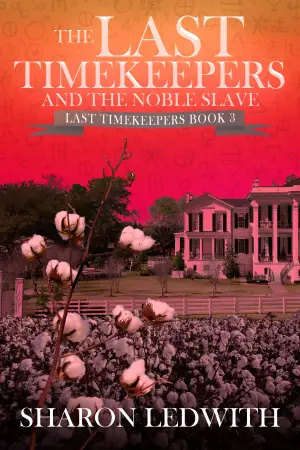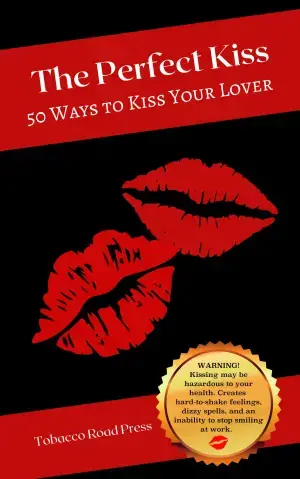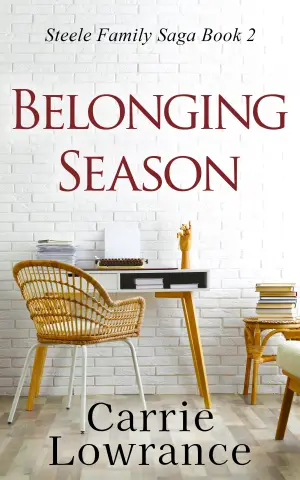The Rose Bargain: A Dance of Fae and Debutantes
When I first stumbled upon The Rose Bargain by Sasha Peyton Smith, I was mesmerized by its enchanting cover and the tantalizing premise of a Regency-era romance intertwined with dark fae magic. As an ardent lover of whimsical tales and fantasies set in historical settings, I found myself drawn into a world where debutantes like Ivy Benton make life-altering bargains in pursuit of love and social standing. Little did I know I would emerge from its pages with a mix of admiration and a yearning for more.
At its heart, The Rose Bargain spins the tale of Ivy, a young woman thrust into London’s glamorous ton, navigating the complexities of society while wresting with the shadows cast by her sister’s past. The novel is rich in atmosphere, evoking vivid imagery of Kensington palaces and rose-lit balls. However, while the framework of a fae bargain creates excitement, I found myself wishing for a greater infusion of fantasy elements to elevate the magic—there’s a stark contrast between the lush settings and the understated supernatural aspects.
One of the intriguing aspects is Ivy’s character development; she is both sharp and charmingly unsure, embodying that relatable feeling of stumbling through a world filled with unspoken rules. Yet, there were moments when I wanted her to assert herself more fiercely. The stakes are heightened by the competition among other young women, and surprisingly, I found their perspectives to be some of the most engaging parts of the book. As the story unfolds, glimpses into their thoughts and rivalries added depth and a refreshing dynamism.
The romance itself, while undeniably captivating in its instant sparks—particularly between Ivy and the charming Emmett—felt a bit rushed. Moments that should have simmered instead whizzed by, leaving me craving more nuanced emotional development. Yet, I must admit that the light-hearted Bridgerton-esque vibe did provide some fun, sweeping me away in its charm despite its flaws.
The writing style is straightforward and direct, which, while efficient, sometimes left me longing for more lush prose that could do justice to the world Smith has crafted. The pacing, too, felt like a curious dance, with some chapters dragging on while others raced by in a flurry, a bit unbalanced yet oddly captivating in its rhythm.
And then there’s the conclusion—oh, the conclusion! I found it a tad rushed and melodramatic, tying up threads in a way that felt overly neat, leaving me longing for a more breathless finish rather than a sprint to the end.
In conclusion, if you’re looking for a regency-inspired romp filled with intriguing fae bargains, quick romances, and a vibrant cast of characters, then The Rose Bargain is a delightful pick. Its charm may not rest in deep prose or intricate world-building, but it entertains and manages to capture that exhilarating rush of youth and desire. For readers who seek a lighthearted escape laced with magic, this novel could be the perfect addition to your bookshelf.
As I closed the book, I was left with that familiar mix of contentment and wistfulness—the feeling that sometimes, a story doesn’t have to be perfect to leave a lasting impression.
[ad_2]







